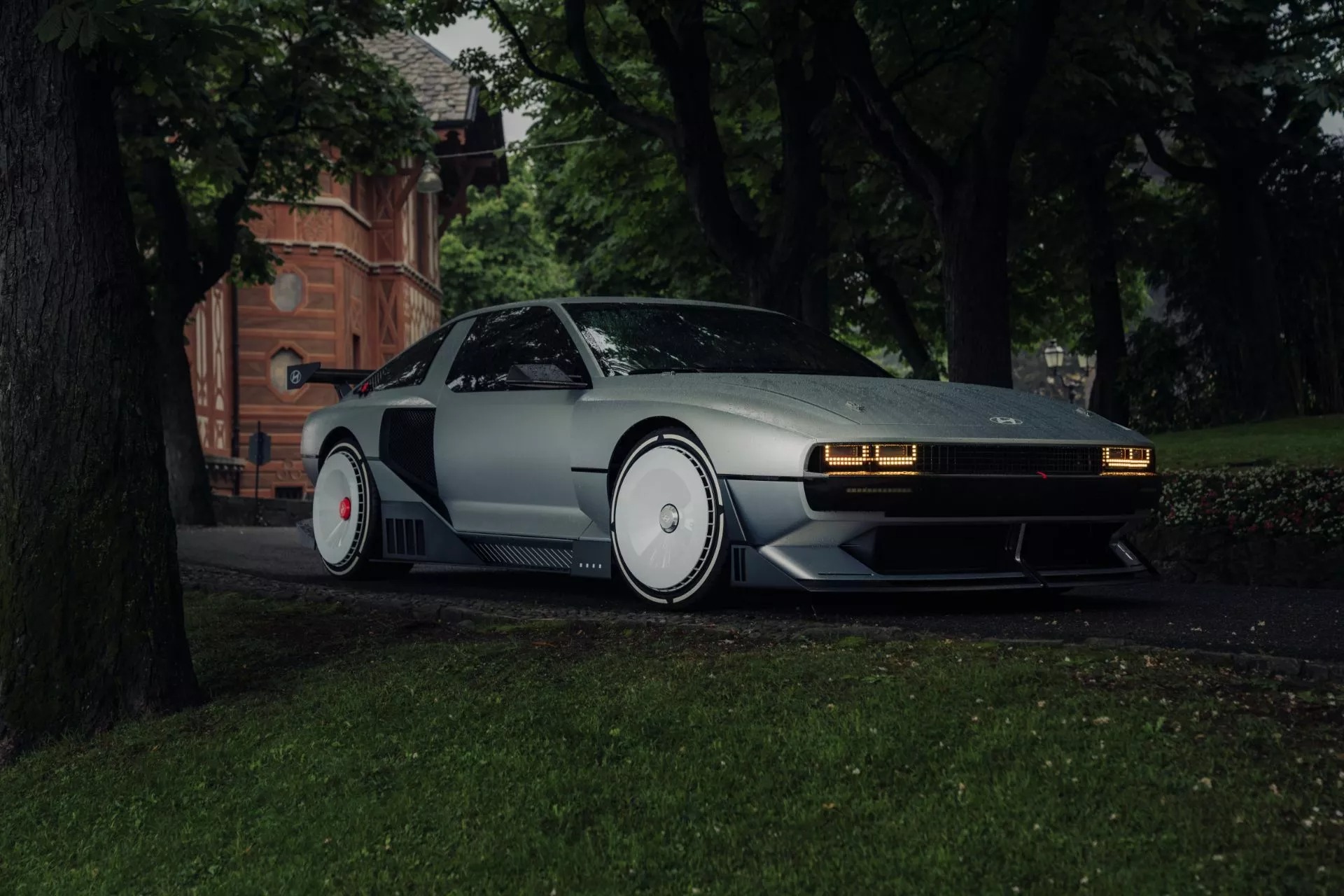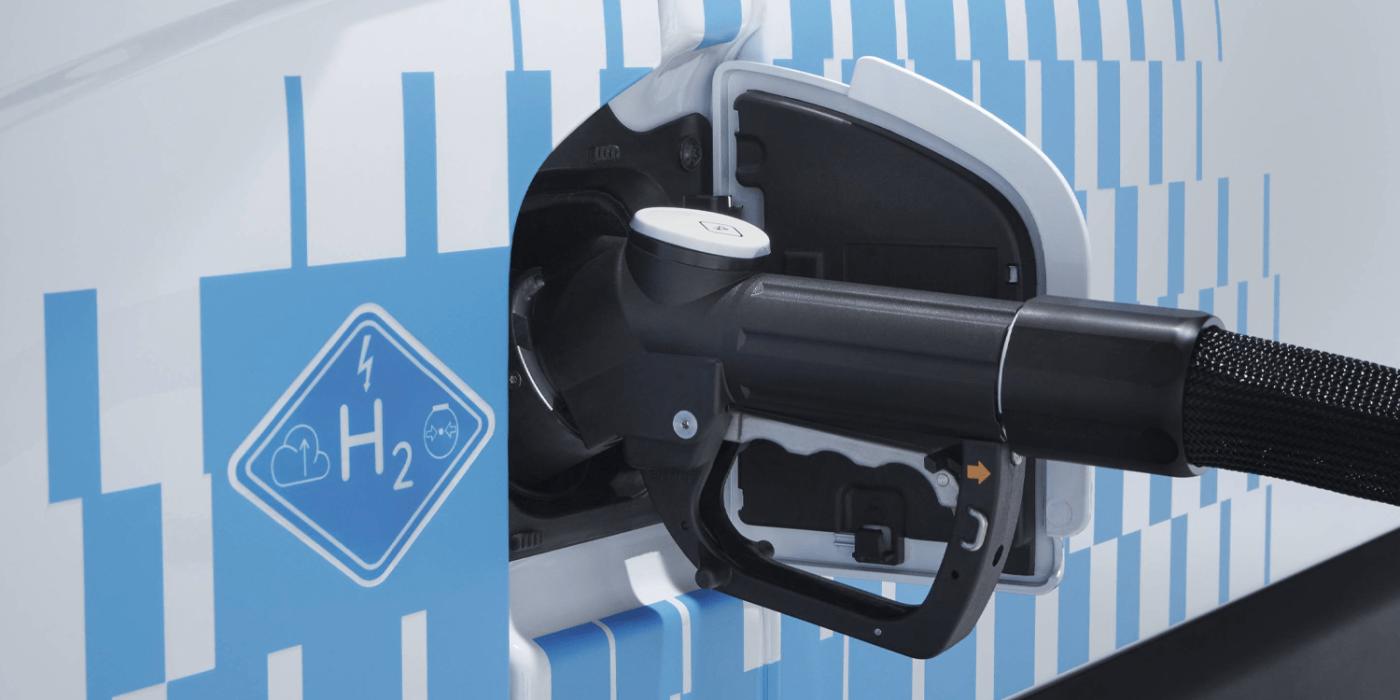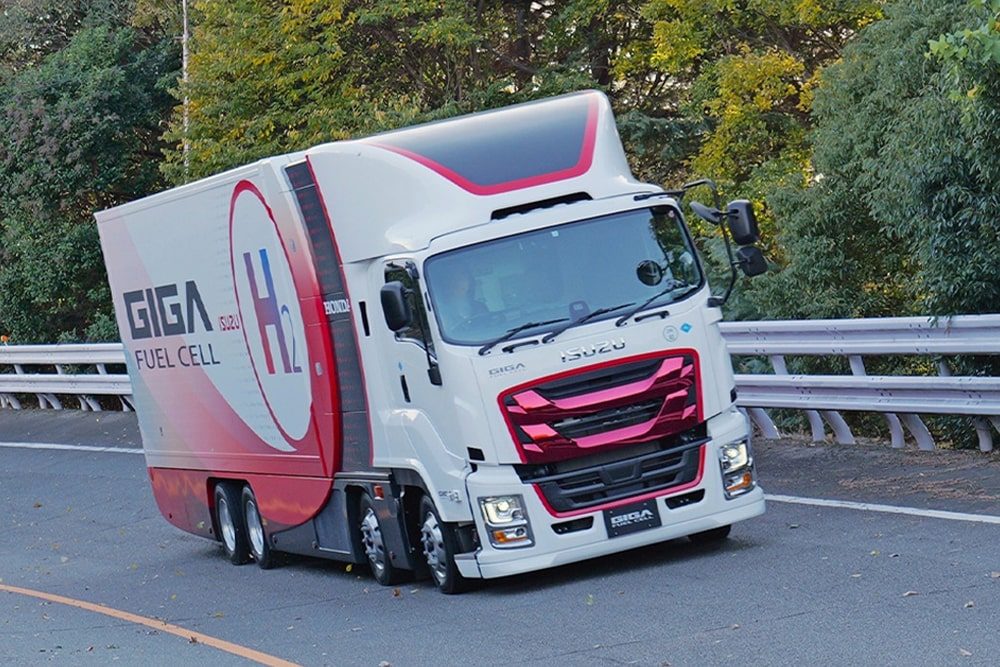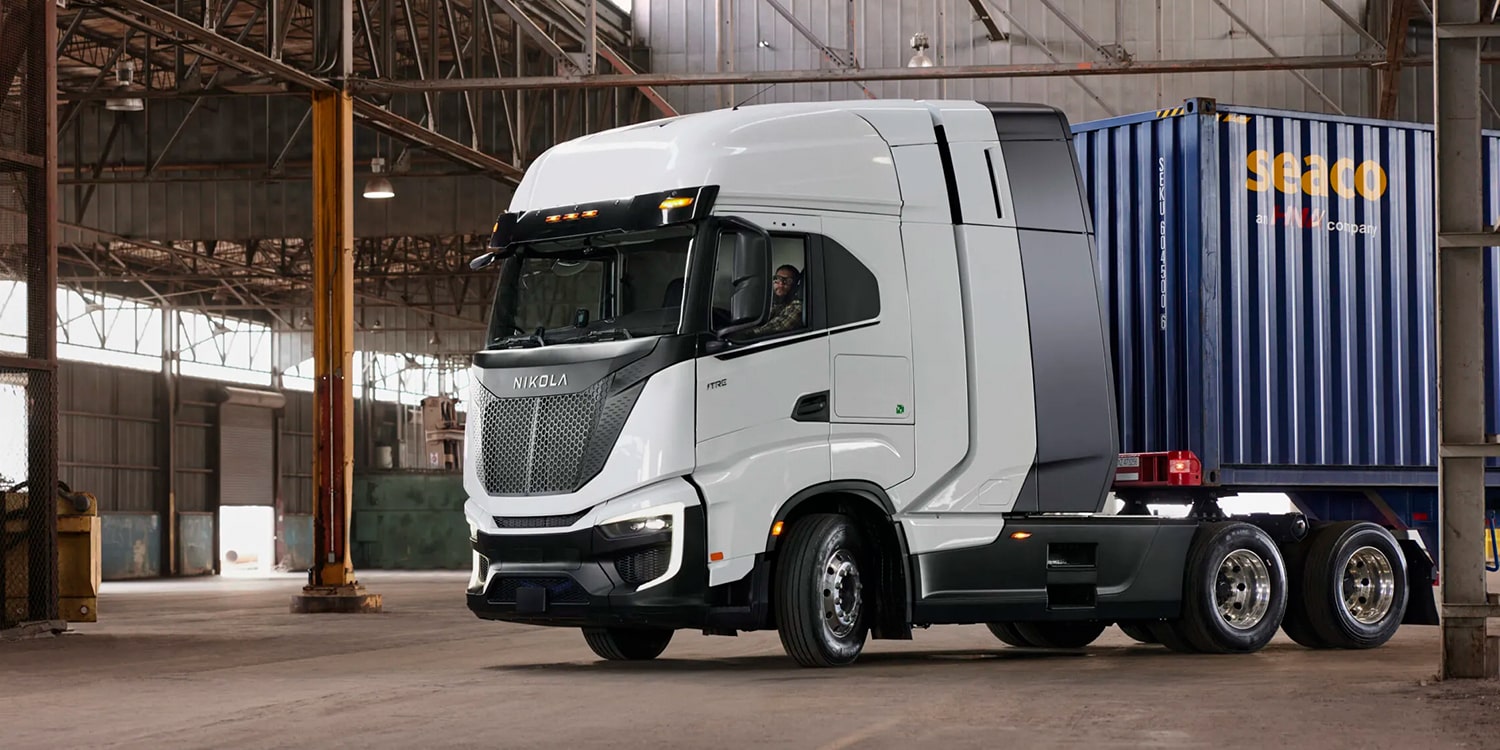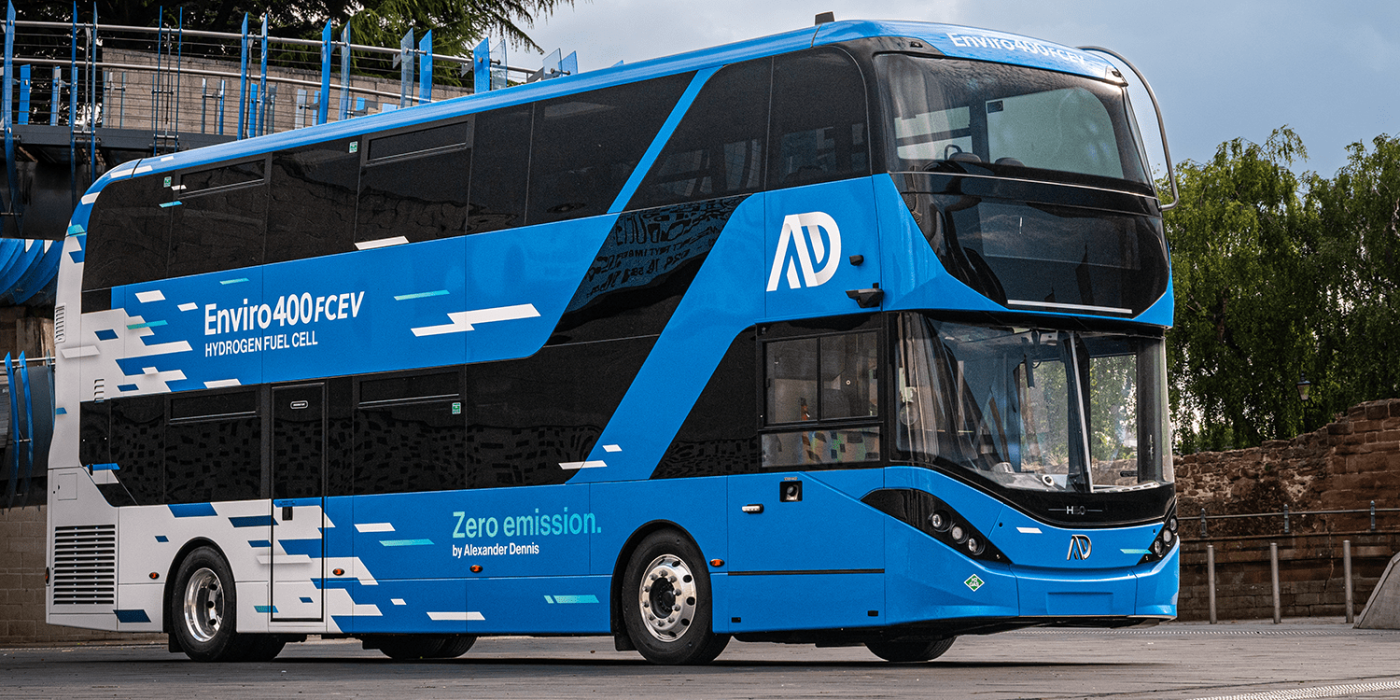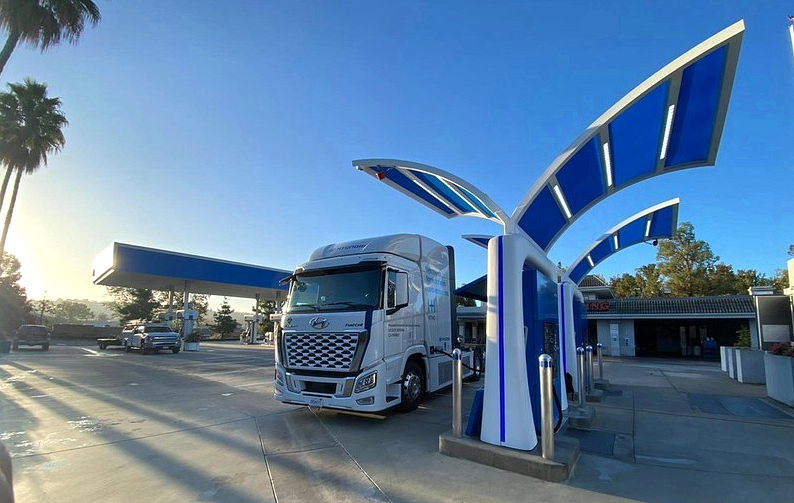General Motors has clinched a deal to supply its Hydrotec fuel cell technology to US commercial vehicle manufacturer Autocar Industries. Autocar Industries plans to integrate GM’s fuel cell systems into a range of commercial vehicles, including concrete mixers, roll-off and dump trucks, refuse collection vehicles, and terminal tractors. Production is slated to commence in 2026 at Autocar’s facility in Birmingham, Alabama.
GM’s Hydrotec fuel cells, named Hydrotec Power Cubes, are specifically designed for commercial vehicles, offering a compact design, scalability, and ease of installation. Each Power Cube boasts an output of 77 kW, with the flexibility to install multiple units in a vehicle if additional power is required. Comprising 300 fuel cells and a thermal and energy management system, these fuel cell systems cater to the energy demands of heavy-duty applications.
Autocar Industries, specializing in commercial work vehicles, aims to leverage GM’s fuel cell technology to provide its customers with emissions-free solutions for their diverse operational needs. Triz Engineering, a commercial vehicle engineering company owned by GVW Group, will support Autocar in integrating the fuel cell systems, managing power distribution between the fuel cell system and small batteries that store captured regenerative braking energy or electricity generated by the fuel cell system.
Johann Vorster, President of Triz Engineering, highlighted the unique application of GM’s fuel cell technology within vocational vehicles, addressing the specific demands and requirements of severe-duty trucks while achieving zero tailpipe emissions.
Autocar plans to construct bespoke working vehicles using the Hydrotec technology, starting with models such as cement mixers, roll-off and dump trucks, followed by refuse trucks and terminal tractors. This move aligns with Autocar’s strategy to expand its offerings with diverse powertrain options, having previously ordered electric drive systems from Meritor in 2021 for electric terminal vehicles and refuse vehicles.
The collaboration underscores the efforts within the commercial vehicle sector to explore alternative propulsion technologies, aiming for emissions reduction and increased sustainability in heavy-duty applications.


